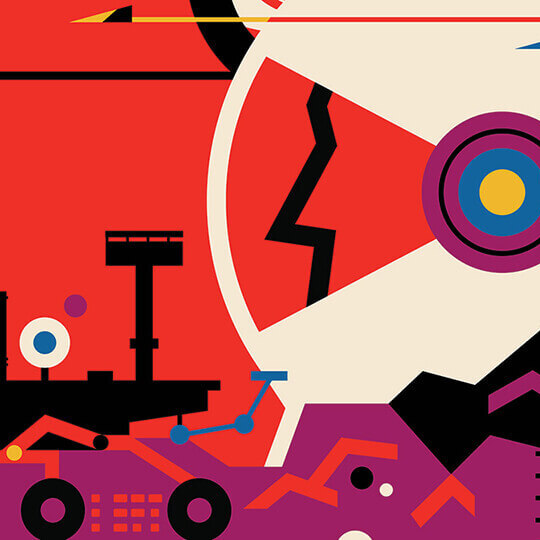
Side Projects Q&A and Videos
About Side Projects
Weekly Side-Project/Start-up Accountability Thread!🌟
Software Engineer at Government
Been working on something cool?
Seeking advice from your fellow members of the Taroverse?
Wanting to get into making side projects, but not sure where to start?
POST BELOW!
Show more
Posted 9 months ago
75 Views
6 Comments
Best Tool to deploy Unity/Full-stack application
Entry-Level Software Engineer at Unemployed
I'm looking to deploy my project to get some users. I wanted to ask what the best way services to use as I'm only trying to show off the work mainly and maybe get some users once I get unity app on the stores.
Show more
Posted 9 months ago
46 Views
3 Comments
Explore Jobs By LevelEntry-Level Software Engineer JobsMid-Level Software Engineer JobsSenior Software Engineer JobsStaff Software Engineer Jobs
Explore TrendingLayoffsPerformance Improvement PlanSystem DesignInterpersonal CommunicationTech Lead
Explore Job InternshipsSoftware Engineering InternshipsGoogle InternshipsMeta InternshipsAmazon InternshipsApple InternshipsTesla InternshipsMicrosoft Internships
![Ship & Grow 500k+ User Side Projects [Part 5] - Make It 5x Better With 0 Effort](/_next/image/?url=https%3A%2F%2Ffirebasestorage.googleapis.com%2Fv0%2Fb%2Ftech-career-growth.appspot.com%2Fo%2Flesson_thumbnails%252F1743200685-image.jpg%3Falt%3Dmedia%26token%3D9a2b798a-fbc1-41f7-ab5a-2235429f61e0&w=1920&q=75)
![Ship & Grow 500k+ User Side Projects [Part 8] - Easy Design Wins](/_next/image/?url=https%3A%2F%2Ffirebasestorage.googleapis.com%2Fv0%2Fb%2Ftech-career-growth.appspot.com%2Fo%2Flesson_thumbnails%252F1743201016-image.jpg%3Falt%3Dmedia%26token%3Df54afa42-c3f3-4cbc-8e28-76f11cd16318&w=1920&q=75)